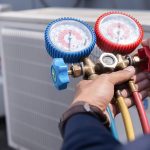
Full-Service HVAC and Chiller Solutions for Commercial Needs
May 14, 2024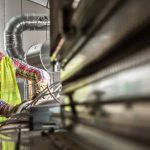
Reliable Commercial HVAC and AC Solutions
June 4, 2024Commercial chillers, the backbone of many HVAC systems, are crucial for cooling large buildings, industrial processes, and data centers. These intricate machines demand regular maintenance and prompt repairs to function efficiently and reliably. The repercussions of neglecting chiller maintenance are significant, including decreased performance, higher energy costs, and even system failure, which can be costly and disruptive. This guide will delve into the importance of commercial chiller repair and maintenance, the benefits of regular upkeep, essential maintenance practices, common issues, troubleshooting tips, and when to seek professional help.
The Importance of Commercial Chiller Repair and Maintenance
Maintaining a commercial chiller is not just about preventing breakdowns; it’s about ensuring the system operates at its peak efficiency and prolonging its lifespan. Regular maintenance has numerous and significant benefits, including enhanced performance, reduced energy consumption, and prolonged equipment lifespan. Understanding these benefits can help you prioritize these tasks as part of your facility management routine.
Enhanced Performance and Efficiency
Regular maintenance ensures all chiller components function correctly, enhancing overall system performance. Clean coils, well-lubricated moving parts, and properly calibrated controls allow the chiller to operate more efficiently, reducing energy consumption and operational costs.
- Optimal Cooling: Adequate maintenance helps maintain optimal cooling capacity, ensuring the chiller can handle the required load without overworking.
- Reduced Energy Consumption: Efficient operation lowers energy usage, translating into significant cost savings over time.
Prolonged Equipment Lifespan
Routine maintenance helps identify and address minor issues before they escalate into major problems, extending the chiller’s lifespan. Investing in regular upkeep can delay the need for costly replacements and minimize downtime.
- Preventive Care: Early detection of wear and tear prevents extensive damage, preserving the chiller’s integrity.
- Cost Savings: Avoiding premature equipment replacement can reduce capital expenditures and overall operational costs, giving you more control over your budget.
Compliance and Safety
Adhering to maintenance schedules ensures compliance with industry regulations and safety standards. Well-maintained chillers contribute to a safe working environment by minimizing the risk of leaks, electrical issues, and other hazards.
- Regulatory Compliance: Meeting industry standards and regulations avoids fines and legal repercussions.
- Safety Assurance: Regular inspections and maintenance reduce the risk of accidents and protect your employees and facilities, providing a sense of security.
Essential Maintenance Practices for Commercial Chillers
A robust maintenance routine is crucial for keeping your commercial chiller in top condition. Here are some essential practices that should be part of your maintenance schedule:
Regular Inspections
Regular inspections allow you to monitor the chiller’s condition and identify potential issues early. Inspections should cover critical components such as compressors, condensers, evaporators, and control systems.
- Visual Checks: Look for signs of wear, corrosion, and leaks in all significant components.
- Operational Monitoring: Check for unusual noises, vibrations, and temperature fluctuations during operation.
Cleaning and Replacing Filters
Dirty filters can restrict airflow and reduce the chiller’s efficiency. Regularly cleaning or replacing filters is vital to ensure optimal performance and prevent strain on the system.
- Air Filters: Replace air filters according to the manufacturer’s recommendations or more frequently in dusty environments.
- Water Filters: Clean or replace filters to maintain proper water flow and heat exchange.
Lubrication of Moving Parts
Proper lubrication of moving parts such as bearings, motors, and pumps is essential to reduce friction, prevent wear, and ensure smooth operation.
- Lubricant Application: Use the appropriate lubricant recommended by the manufacturer and apply it at specified intervals.
- Check for Wear: Inspect lubricated parts for signs of wear and replace them if necessary.
Checking Refrigerant Levels
Maintaining the correct refrigerant levels is crucial for efficient cooling. Low refrigerant levels can lead to poor performance and increased energy consumption while overcharging can cause damage.
- Refrigerant Charge: Regularly check refrigerant levels and top up or adjust as needed.
- Leak Detection: Use leak detection methods to identify and repair refrigerant leaks promptly.
Calibrating Controls and Sensors
Accurate control and sensor calibration ensure the chiller operates within the desired parameters. Regular calibration helps maintain efficiency and prevents unnecessary wear on components.
- Temperature Controls: Calibrate temperature sensors and thermostats to ensure accurate readings.
- Pressure Sensors: Verify pressure sensors and adjust settings to maintain optimal operating conditions.
Common Chiller Issues and Troubleshooting Tips
Even with regular maintenance, commercial chillers can encounter problems. Understanding common issues and how to troubleshoot them can help maintain uninterrupted operations.
Insufficient Cooling
If the chiller is not providing adequate cooling, it could be due to several factors, such as dirty coils, low refrigerant levels, or clogged filters.
- Clean Coils: Ensure that condenser and evaporator coils are clean and debris-free.
- Check Refrigerant: Verify refrigerant levels and refill if necessary.
- Replace Filters: Clean or replace air and water filters to ensure proper airflow and heat exchange.
Unusual Noises
Unusual noises often indicate mechanical issues such as loose components, worn bearings, or compressor problems.
- Inspect Components: Check for loose parts and tighten them as needed.
- Bearings and Motors: Inspect bearings and motors for wear and replace them if required.
- Compressor Health: Evaluate the compressor’s condition and consult a professional if significant issues are detected.
High Energy Consumption
An unexpected rise in energy consumption can signal system inefficiencies, possibly due to clogged filters, dirty coils, or malfunctioning controls.
- Regular Cleaning: Keep coils and filters clean to maintain efficient operation.
- Control Calibration: Ensure controls and sensors are accurately calibrated to optimize performance.
- System Evaluation: Conduct a comprehensive evaluation to identify and rectify inefficiencies.
Frequent Cycling
Frequent or short cycling can result from incorrect thermostat settings, refrigerant issues, or mechanical problems.
- Thermostat Settings: Verify that the thermostat is set correctly and functioning properly.
- Refrigerant Levels: Check refrigerant levels and address any discrepancies.
- Mechanical Inspection: Inspect mechanical components for faults and repair or replace them as needed.
When to Call in Professional Help
While regular maintenance can prevent many issues, some require the expertise of a professional commercial HVAC technician. Knowing when to seek professional help can save time and money and prevent further damage.
Complex Repairs
Certain repairs, such as compressor replacements or refrigerant leak repairs, require specialized knowledge and tools. Attempting these repairs without proper expertise can lead to further complications.
- Compressor Issues: If you suspect compressor problems, contact a professional. Their specialized knowledge and tools will ensure a thorough and safe repair, giving you peace of mind.
- Refrigerant Leaks: Professional technicians have the equipment to detect and repair refrigerant leaks safely.
Persistent Problems
If persistent issues persist despite regular maintenance and troubleshooting, it’s best to consult a professional. They can conduct a thorough diagnosis and implement effective solutions.
- Recurring Faults: Ongoing problems may indicate underlying issues that need expert attention.
- Efficiency Decline: Significant declines in efficiency or performance warrant a professional evaluation.
Preventive Maintenance Contracts
Consider engaging a professional service provider for preventive maintenance contracts. These agreements ensure regular inspections, maintenance, and priority service, enhancing the reliability and longevity of your chiller.
- Scheduled Maintenance: Professionals can perform scheduled maintenance tasks, freeing up your time and resources.
- Expert Oversight: Regular professional oversight ensures that all aspects of your chiller are optimally maintained.
Commercial chiller repair and maintenance are critical for ensuring optimal performance, efficiency, and longevity of your HVAC system. Regular upkeep, including inspections, cleaning, lubrication, and calibrations, can prevent costly breakdowns and extend the life of your equipment. Understanding common issues and knowing when to call in professional help further safeguards your chiller’s reliability. Whether you’re managing a large office building, industrial facility, or data center, investing in proper chiller maintenance is essential for maintaining a comfortable and productive environment. By prioritizing these practices, you can enjoy the benefits of efficient cooling, reduced operational costs, and peace of mind.
Are you ready to enhance the performance and longevity of your commercial chiller? What maintenance practices do you follow regularly?

Hailing from the picturesque town of Lake Charles, Louisiana, Jim Blanchard stands as an exemplar in commercial HVAC installation and services. As President of Calcasieu Mechanical, he has leveraged his deep industry knowledge and innovative strategies to establish the company as a leading regional service provider. Under Jim’s leadership, Calcasieu Mechanical has expanded its portfolio of high-quality services and earned the trust and respect of businesses throughout Louisiana. The company’s commitment to excellence, reflected in its endeavors, stems from Jim’s dedication to ensuring every project meets and exceeds client expectations.
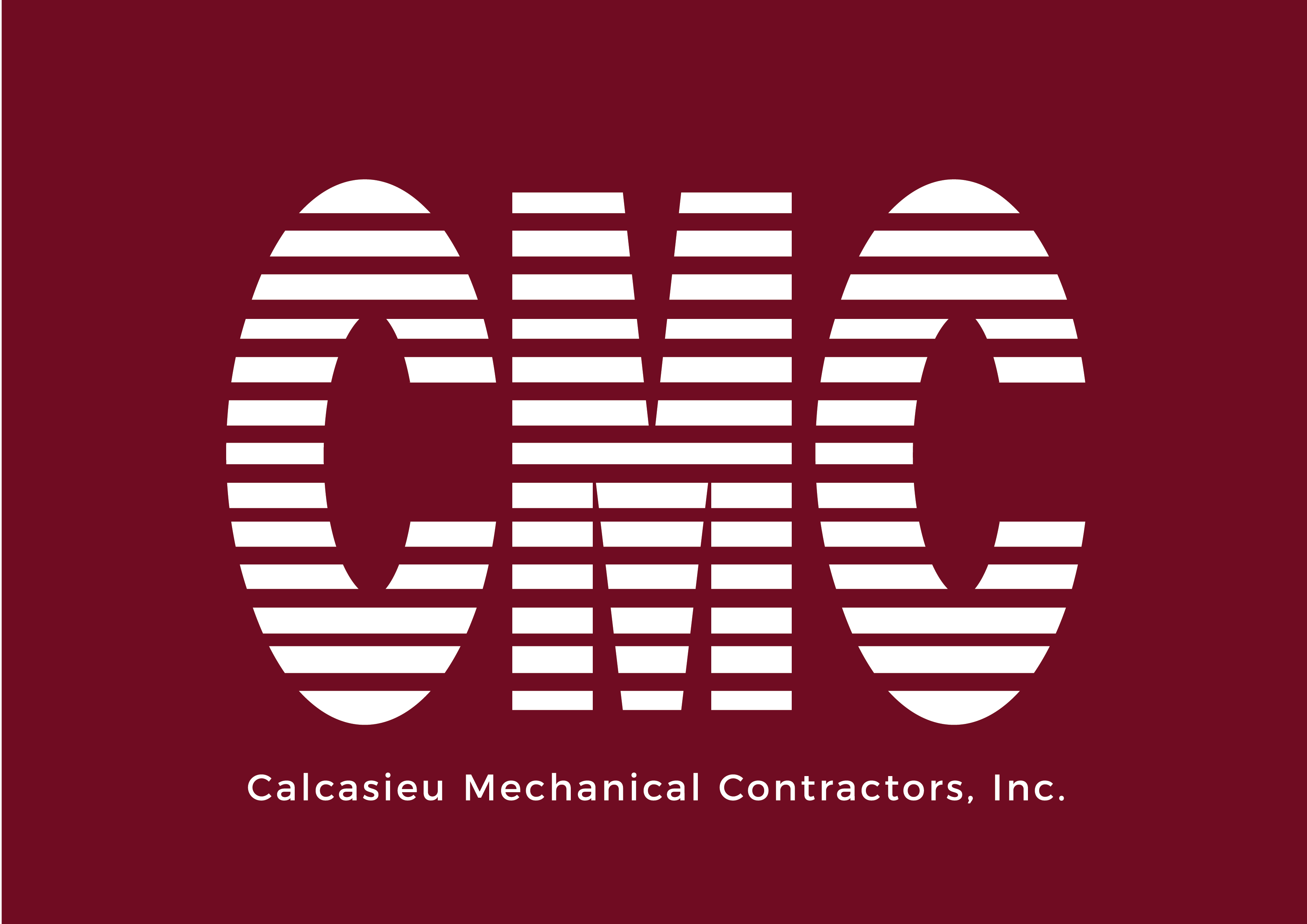
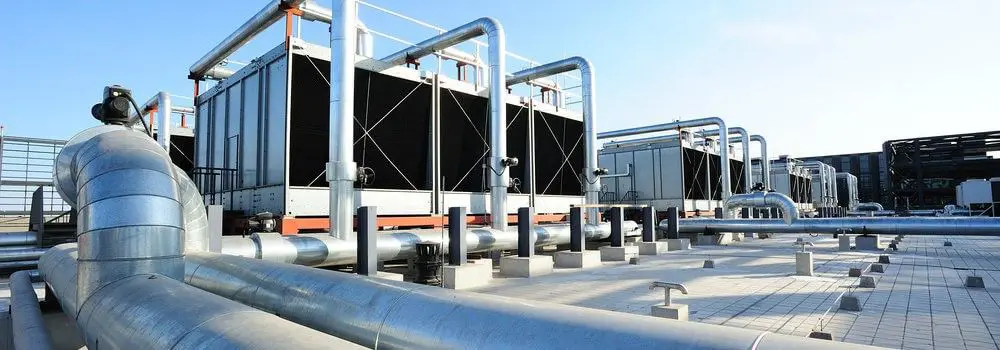
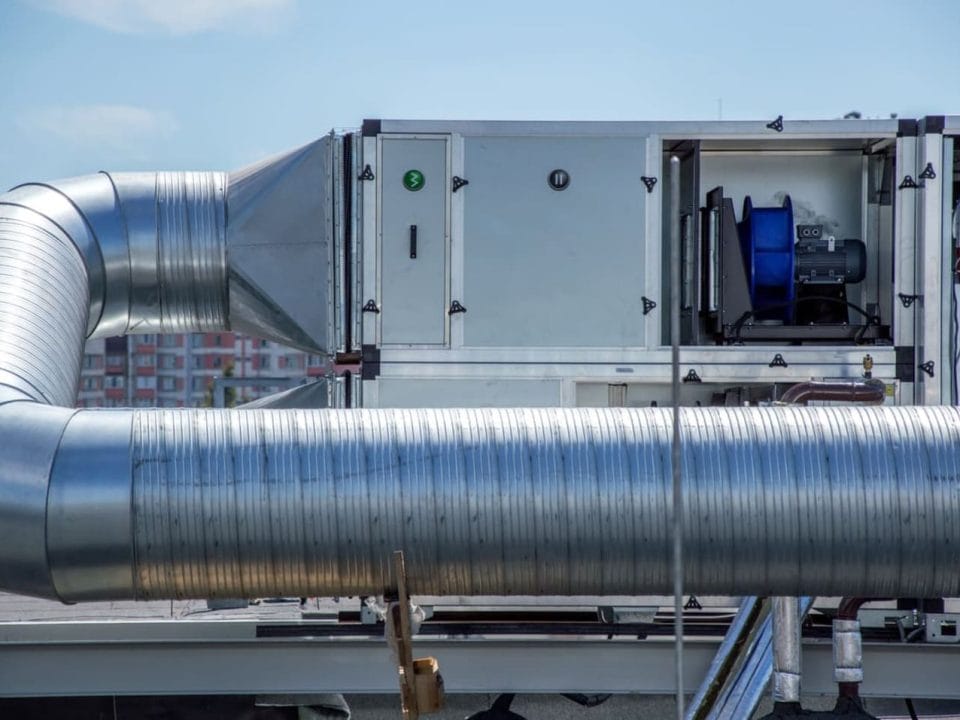
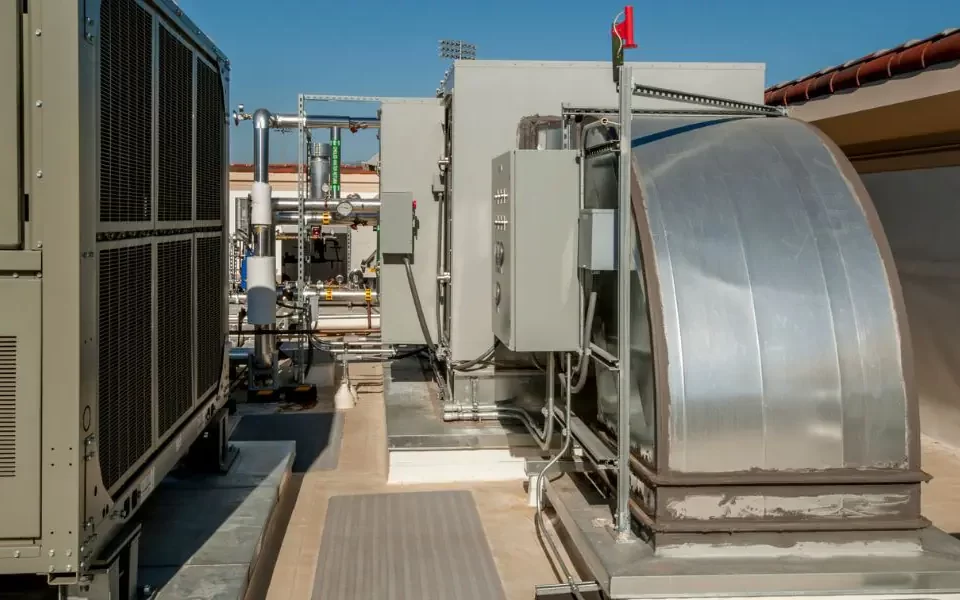
1 Comment
great information about chiller repair and fixing. thanks
تعمیر چیلر